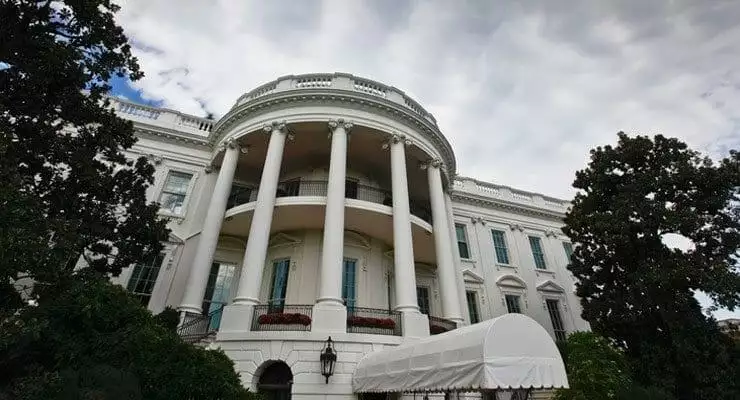Do your kids agree with your politics? Do you expect them too? Are parents crazy, or justified, to think they should? If not, how do you resolve political conflicts as a family?
Of course, we all want our kids to share our values. We created these kids, after all. It seems inherently parental to pass onto our children our beliefs about religion, ethics, morality, justice, fiscal responsibility, obeying the speed limit, and of course, politics. Especially right now, given the political divisions in our country. But part of good parenting, it seems to me, is also allowing our kids to make their own decisions about how to live their lives. Because after all, eventually, we will have no choice in the matter.
That doesn’t stop some of us parents from trying hard to inculcate our political views into our kids. Historic research, including the 1961 famous Bobo Doll study and Gallup polls from as recently as 2005, established that the majority of children learn from, and imitate, their parents’ political leanings. It makes sense, right?
But more recent research shows that over-indoctrination can backfire. Parents with radical political views often succeed in indoctrinating young kids. But data shows that in late adolescence, kids often rebel. (Teenagers being rather good at this rebellion gig.) At least that’s how it can feel to us. Disappointing. A betrayal even. Like when my teenaged daughter, who’d heard my feminist screed for a dozen years, announced she wasn’t going to study because she was just going to find a rich husband. Or the way I rolled my eyes at my Republican mother, who loved to call Bill Clinton “my president,” as if I’d singlehandedly elected him, for the entire eight years he was in office.
It’s important to acknowledge that having different political views from a parent does not actually constitute a rebellion. Like the Boston Tea Party in 1773, it’s an assertion of moral and intellectual independence. Our kids’ differing political views may disappoint or even enrage us. But let’s keep in mind: an independent mind is quite a good thing in a grown or growing child, a sign we’ve done a good job raising them to think for themselves.
The most encouraging news, from my viewpoint, supersedes how or whether to get your kids to share any particular belief, political or otherwise. It’s about passion. The data suggests that even if kids don’t mimic your views, they do absorb the importance you place on an issue. For instance, kids with politically engaged parents become politically engaged themselves. Kids with parents who don’t vote tend to grow up to be adults who don’t vote. So maybe the goal here, as parents, is not to turn our kids into robotic mini-me’s, when it comes to politics or anything else. Maybe the point is to raise them to value what we value, and make up their own minds about which candidate or party to support.





